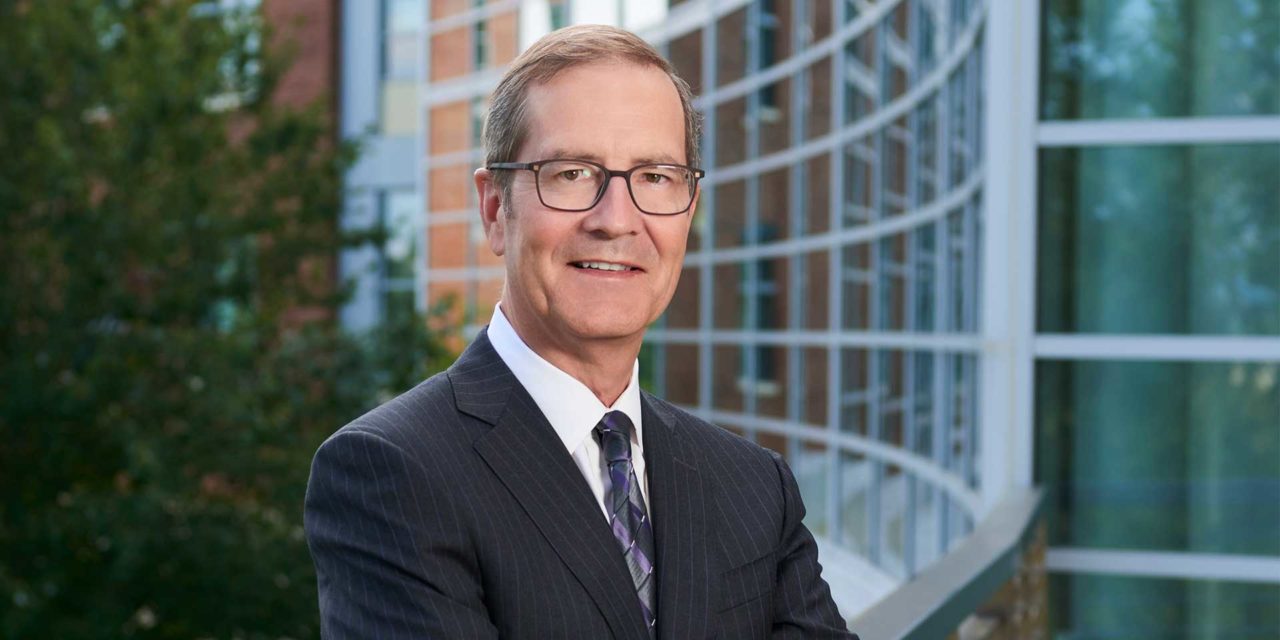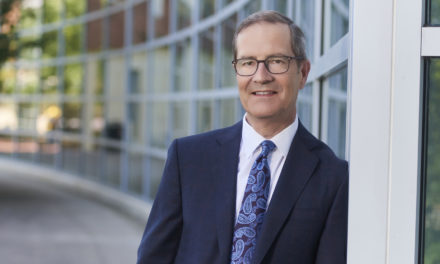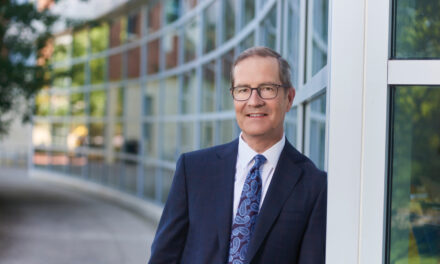When Penn State shifted to a fully remote environment at the onset of the pandemic, I was confident that we had the people and resources to do so successfully. Even so, I am reminded of just how important it is to have strong leadership in place before a crisis. I’ve valued the guidance and counsel of Smeal’s leadership team as we’ve worked through the challenges of the last 18 months. Early on, we made the decision to communicate openly with our students, faculty, and staff. From town hall meetings to news stories to frequent updates via video or email, our goal was to keep the entire Smeal community connected, engaged, and invested in our success, even from afar.
Smeal’s e-Learning Design Innovation Group and Research Instruction & Information Technology Group were vital to our transition to remote learning. Together, we created the Smeal Academy to share best practices and strategies for teaching and learning during the pandemic, including practical tips and information; live sessions; and virtual consulting.
By utilizing innovative technology, many of our usual events — career fairs, case competitions, Impact Smeal Day, lectures, alumni events, and more — were held remotely with great success. In fact, alumni and friends joined us from more than 30 states and international locations.
There have been countless stories of faculty and staff across the University who stepped up to help solve emerging challenges throughout the pandemic. Smeal faculty members Steve Tracey and Sue Purdum were among our college’s most visible figures, bringing their supply chain expertise to the University’s efforts to help hospitals deal with a pervasive shortage of personal protective equipment.
The entire Smeal community developed innovative solutions to our remote work, and I am grateful for their tenacity and resilience in these extraordinary circumstances. We’ve learned many lessons that will make Smeal a stronger, more nimble business college and a better employer as we look forward to the fall semester and beyond.
I have long been a proponent of a “flipped classroom,” where recorded lectures are available to students at their convenience and classroom time is used to work through problems and business models in a more interactive environment. The pandemic accelerated a shift to this type of pedagogical model. By leveraging technology to create course materials and facilitate classroom interactions, I believe we are strengthening the education our students receive. I am excited to see how this style of teaching and learning can further amplify a Smeal education.
As we complete this edition of Smeal Magazine, the University is planning for a return to in-person instruction for the fall semester. While we are prepared to pivot in response to changing pandemic conditions, I am excited for a return to in-person classroom speakers, career fairs, alumni and club events, prospective student tours, and more.
I, for one, look forward to welcoming you home.
Charles H. Whiteman, Dean





